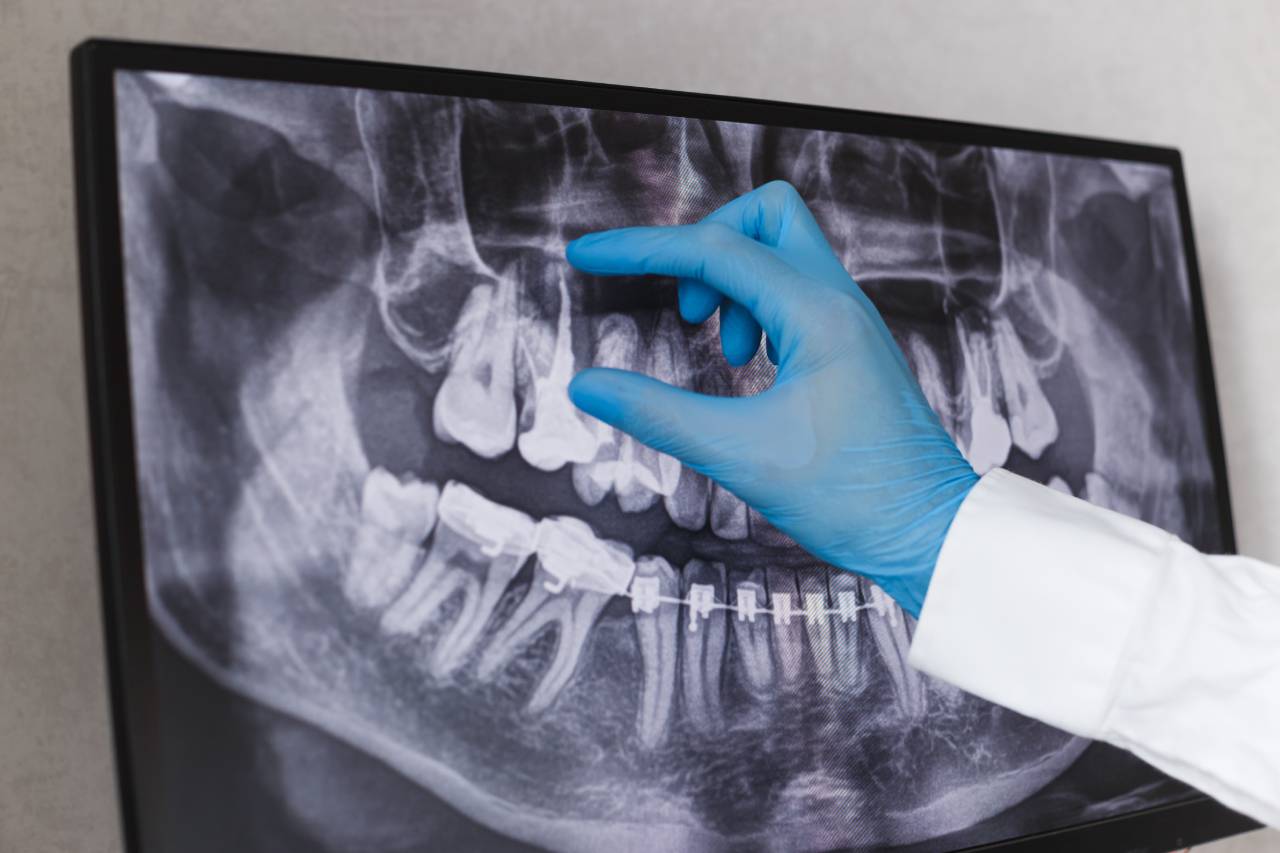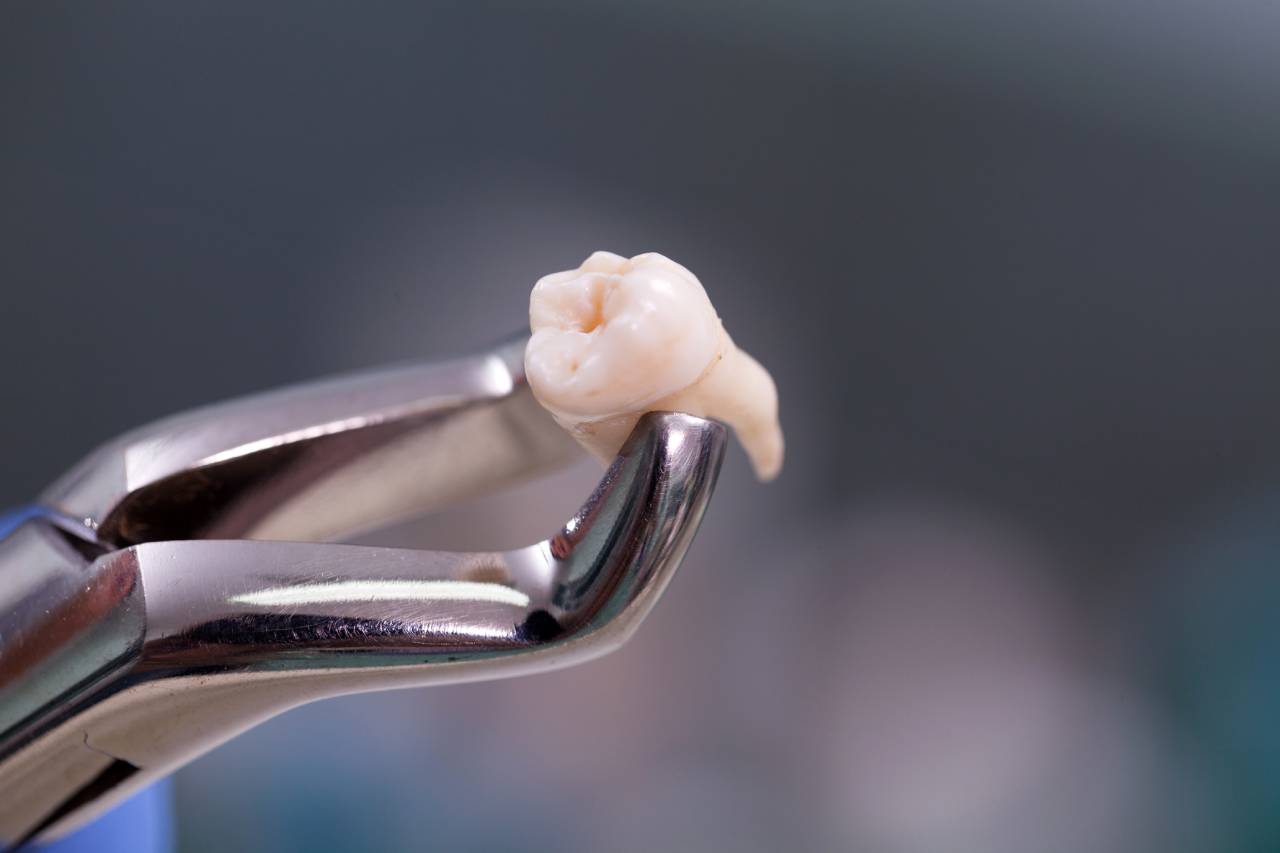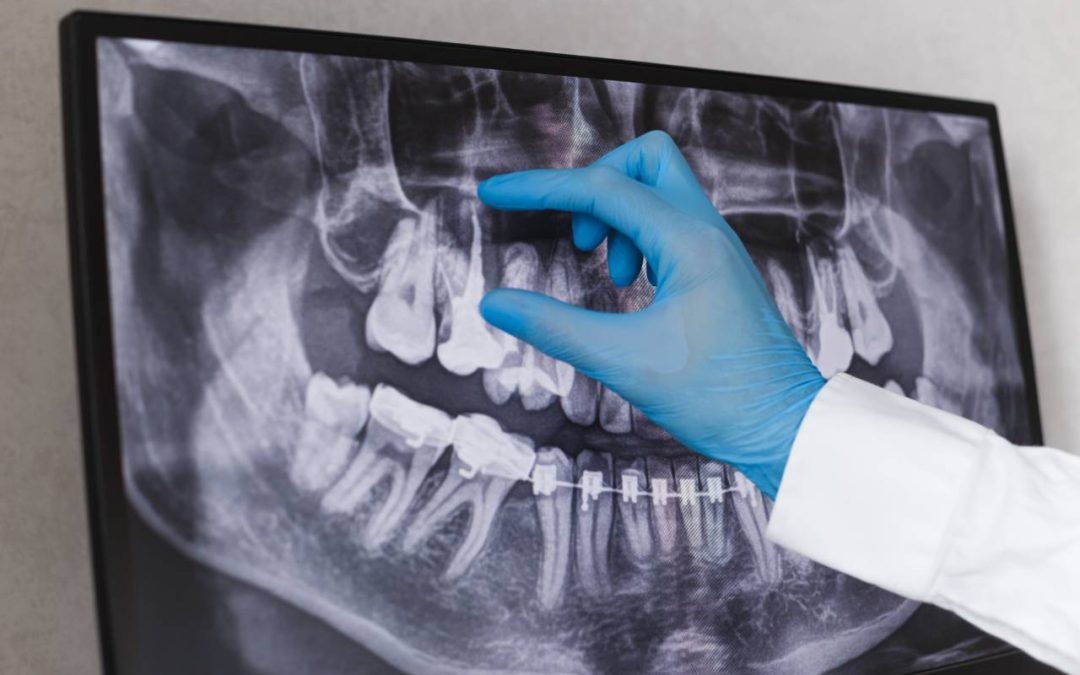
People undergo surgeries for various reasons and under different circumstances. Examples of oral surgeries include wisdom teeth removal, dental implants, braces, and more. Each procedure has its own specific purpose, pain level, and recovery time.
Why Oral Surgery Might Be Necessary
Undoubtedly, dental surgery encompasses a variety of procedures. Oral surgery specifically involves the mouth, teeth, gums, or jaws. Often, a consultation determines whether surgery is truly needed. For instance, when wisdom teeth grow out and disrupt existing teeth, removal becomes necessary.

Different Types Of Oral Surgery
Oral surgery covers a wide range of procedures. Some surgeries focus on the teeth, others on the jaw, or both. Here is a list of a few of the more well-known procedures.
Tooth Extractions
Sometimes, removing a tooth becomes unavoidable. Significant damage to a tooth can affect the surrounding teeth. To address this issue, a procedure called tooth extraction involves permanently removing the damaged tooth. Typically, a dentist or licensed oral surgeon performs this procedure, which is generally straightforward and rarely causes complications.
Dental Implants
In contrast to tooth extractions, dental implants replace missing teeth. These implants, made of titanium, are inserted into the jawbone. Over time, the titanium fuses with the jawbone, creating a strong foundation for the replacement tooth. This process offers a durable solution for missing teeth.
Jaw Surgery
On the other hand, jaw surgery is one of the more intense oral procedures. This surgery aims to correct irregularities in the jaw and facial structure. An oral and maxillofacial surgeon performs the procedure, which involves making incisions from the mouth to access the jawbone. Notably, jaw surgery is not only for correcting physical jaw appearance; it can also address issues such as sleep apnea, cleft palate, facial trauma, or TMJ disorders. Due to its complexity and the long recovery period, it’s crucial to discuss the risks of jaw surgery with your dentist or oral surgeon.
Root Canals
Similarly, root canals are among the more intensive dental procedures. This treatment repairs a tooth suffering from decay or damage. The process involves removing the damaged tissue, followed by cleaning, filling, and sealing the tooth. Typically, only a dentist or endodontist performs this procedure. An endodontist specializes in treating diseases within the pulp and nerves of the tooth. While the procedure usually requires one or two visits and does not necessitate hospitalization, it often involves a painful recovery.
Crowns
In contrast to more complex procedures, crowns are generally simpler to apply. This procedure involves placing an artificial covering over a damaged tooth. Additionally, crowns can support dental bridges in specific cases.

Aftercare: What To Expect Following Surgery
The healing process plays a crucial role in the overall success of your surgery. You can expect some pain after the procedure, so avoid hard foods and excessive movement of your mouth or jaw. Keep the wound clean and dry by washing the incision with soap and water daily. Most surgeries, except jaw surgery, require up to a week for recovery.
Join Our Family Today!
In conclusion, Oral surgery encompasses a wide range of procedures performed by your dentist or oral surgeon. Each procedure addresses a specific issue to maintain your dental health. If you experience any pain or discomfort, reach out to Eastern Virginia Oral and Maxillofacial Surgery in Norfolk or Virginia Beach today to schedule an appointment or consultation.


Recent Comments